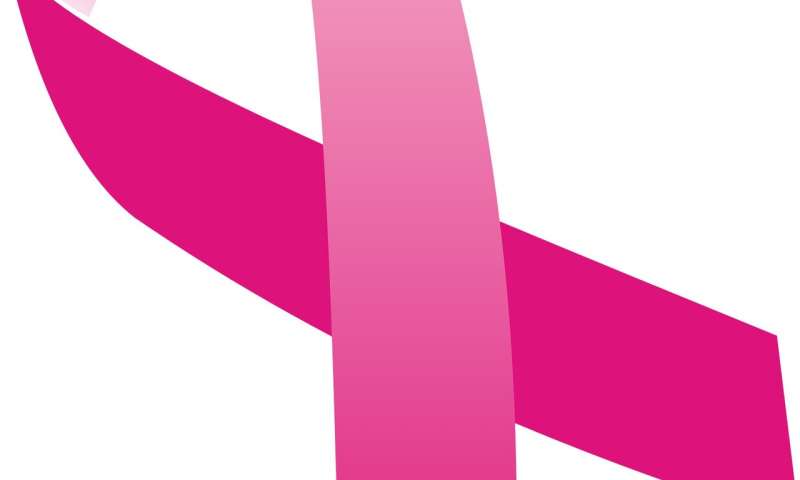Home » Health News »
Study finds severe financial stress for breast cancer patients during and after treatment

The effects of cancer treatment on a patient’s body are easy to see, whether it is a lack of hair on their head, sores on their skin or a look of fatigue on their face. And while there has been a lot of discussion around these impacts, a new study looks at just how much the stress of financial hardship caused by cancer care and treatment can affect a patient’s emotional, mental and physical well-being.
“There has been increasing awareness of the potential for oncology care to result in long-term financial burdens and financial toxicity to patients and their families,” said Dr. Steven Coughlin, Interim Head for the Division of Epidemiology in the Department of Population Health Sciences at the Medical College of Georgia at Augusta University. “About 28% to 48% of cancer survivors experience financial toxicity based upon monetary measures and 16% to 73% experience financial toxicity based upon subjective measures.”
Coughlin, along with Dr. Jorge Cortes, director of the Georgia Cancer Center at Augusta University, Dr. Martha Tingen, associate director of the Cancer Prevention, Control and Population Health program at the Cancer Center, and Dr. Deepak Nag Ayyala, who served as the study’s biostatistician, submitted a questionnaire about financial distress to 1,000 randomly selected breast cancer patients who were treated for the disease and had completed primary therapy. They interviewed the patients using a self-administered questionnaire looking for answers to whether patients were less able to provide for the financial needs of their family, had difficulty meeting their medical expenses, did not have money to cover the cost of their co-pay for medical visits and did not have money to cover the cost of their co-pay for medications. Each question was followed by three responses, “not a problem,” “somewhat a problem,” or “a severe problem.” A total of 164 women completed the questionnaire and returned their responses. They published their findings, “Financial Distress Among Breast Cancer Survivors” in the journal Current Cancer Reports in August.
“Looking at the results, about 8.6% of the respondents reported ‘being less able to provide for the financial needs of their family’ was a severe problem,” Coughlin said. “Nearly 14.4% said ‘difficulty in meeting medical expenses’ was a severe problem. Approximately 8.4% said ‘no money for cost of or co-payment for medical visits’ was a severe problem. And, around 8.4% answered that ‘no money for cost of or co-payment for medicine(s)’ was a severe problem.”
“I think the concept of financial distress is an important aspect of cancer care that I do not think we’ve addressed enough historically,” Cortes said. “We know that as the Food and Drug Administration approves newer and better drugs for breast cancer treatment, there is frequently an increasing cost with newer drugs. And with some of those therapies having to be taken over a longer period, it can increase the level and length of financial stress.”
The team hopes their findings will educate oncologists across the country about the need to discuss financial distress with patients and options they have to help with the costs associated with their care. At the Georgia Cancer Center, there is a nurse navigator and a social worker patients can meet with to find foundations and organizations that can help cover some of the costs of medical visits and medications used in their treatment.
Source: Read Full Article



